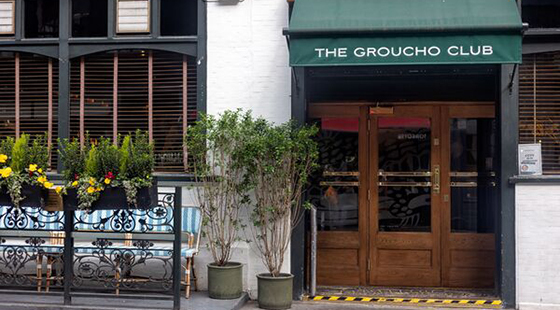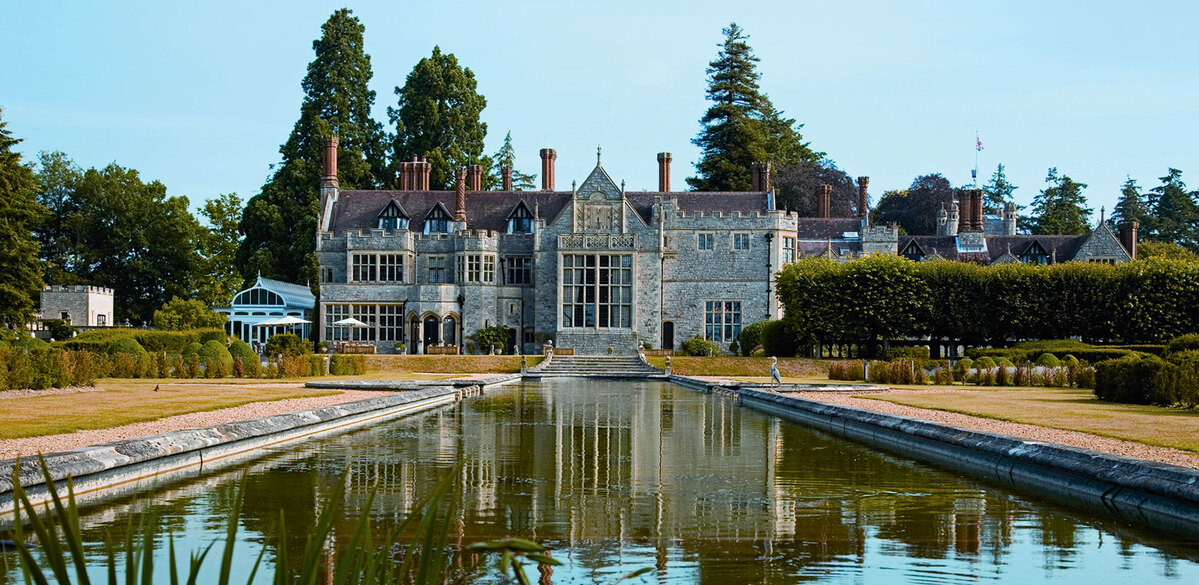Industry faces ‘valley of death’ as tourism restarts
Destination hotels face “a valley of death” as tourism restarts and they await guest payments, a senior industry analyst has warned.
Nicolas Mayer, PwC industry leader for hospitality and tourism in Europe, the Middle East and Africa, said: “The most scary thing for me is the moment the tourism ecosystem opens, especially for hotels in destination [areas].
“There is a valley of death where cash goes out when you start ramping up, hiring, investing in inventories, but the first cash inflows come after guests have left. That gap can be 150 days.”
Escaping ‘the valley’ would take government aid, but also require businesses to negotiate new payment terms and consumers to bear some of the cost, he said.
Mayer told an International Tourism & Investment Conference (ITIC) online summit on financial strategies for recovery: “Governments need to develop models to support tourism so it can survive this valley of death.”
He argued: “Governments will have to [support] the industry, but it’s also a job for those in the industry.
“Various parts of the value chain need to renegotiate the payment chain, all the way down even to the traveller to share the load of a cancellation. It’s for all of us to get cash circulating again.”
He insisted: “There is a need for tourism financing at a government, at a para-government and at an industry level to get people out of the starting blocks.”
Mayer explained: “We had a duel disruption – a disruption of demand and a disruption of supply. It’s what makes the situation so tricky.
“Unless you fix both you can’t get the motor started again, plus markets are at different stages. It is global but it’s also phased, so it is about as messy as you can get.
“For many markets, none of us know when there will be a recovery. It may be a U shape or an L shape. Many of the things that will define this have yet to happen. Different markets will be different.
“In China, which has come out of this, it resembles a V shape. Island nations which depend on tourism will depend on what other countries do. That will make their recovery a U shape.”
He added: “As an industry we have not sufficiently honed our cash-flow management. We have used our cash flow to negotiate better deals. That is coming back to bite us now.”
As an industry we have not sufficiently honed our cash-flow management. We have used our cash flow to negotiate better deals.
However, Mayer told the summit: “Demand will come back. I don’t see any evidence that people won’t want to travel.
“This is a brutal, ‘black swan’ disruption that has made an industry crash that was on the longest growth run of any industry in the world. It may be the best time to invest.”
by Ian Taylor for Travel Weekly
Photo: Shutterstock



















